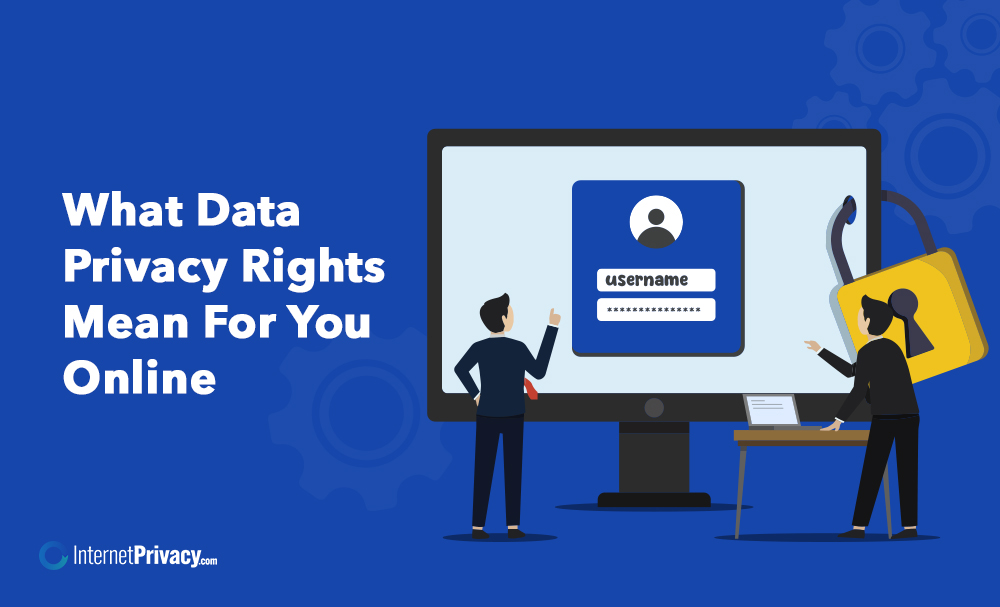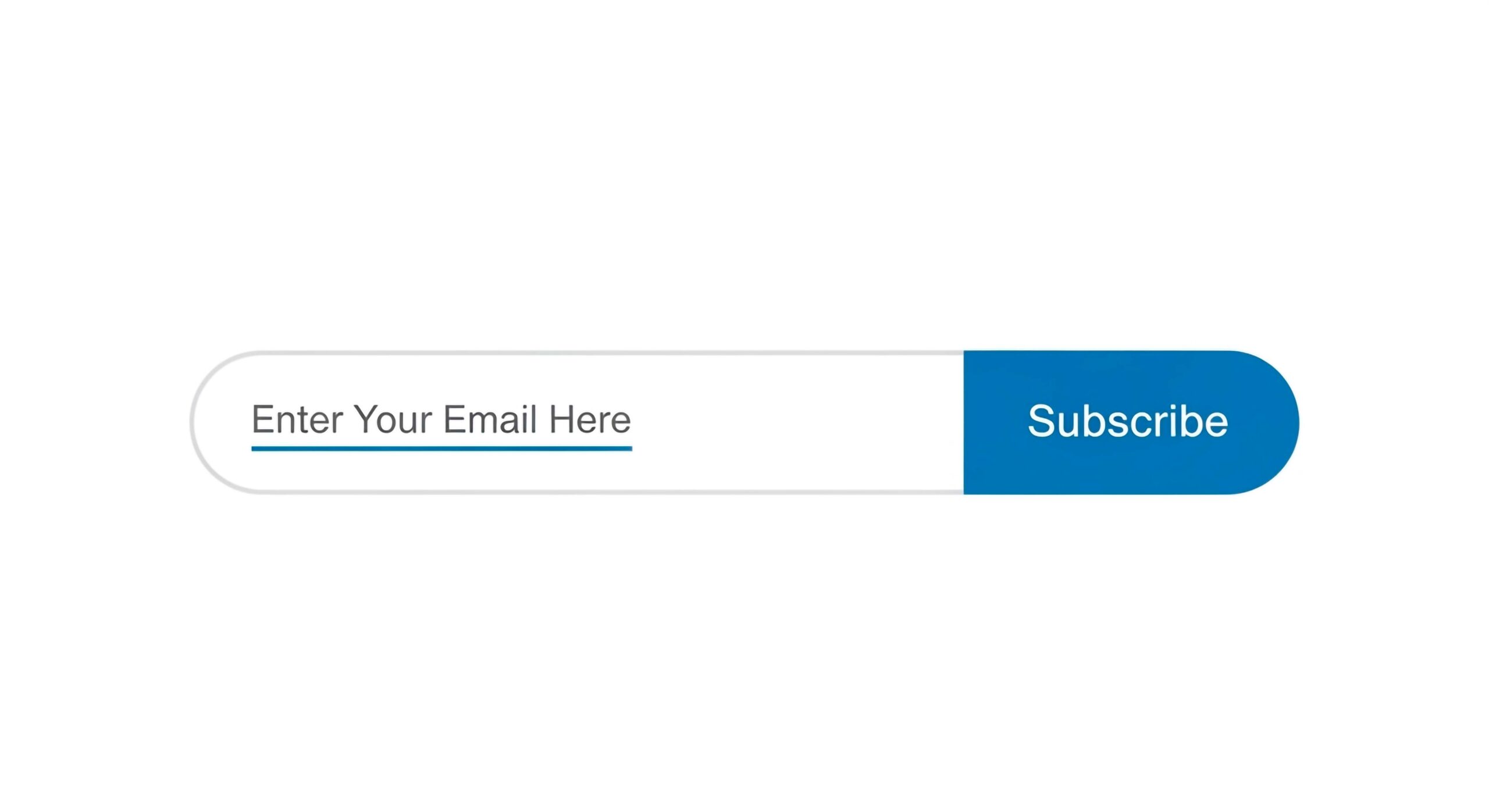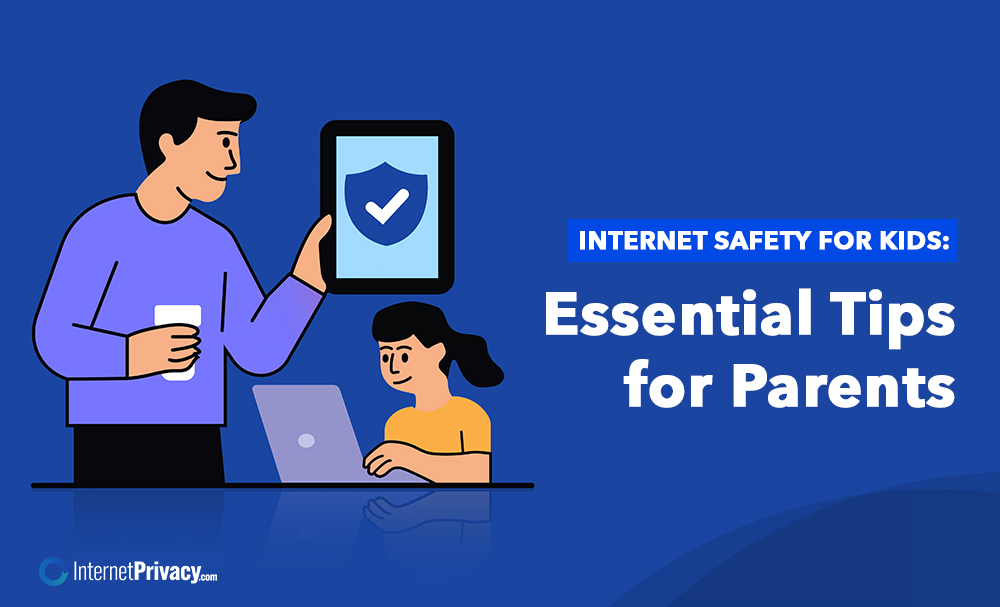What Data Privacy Rights Mean For You Online

Comprehensive consumer privacy laws establish legal frameworks at the state level to protect consumer data. This article explains the importance of these rights, the information they protect, and the laws that govern them. It also outlines specific rights under these regulations and practical data protection tips.
What are Data Privacy Rights?
Data privacy rights are the legal rules that give you control over your personal data and how it’s collected, used, and shared by companies. Data privacy law is crucial in enacting comprehensive legislation across various U.S. states to protect consumer data. In today’s world, where data breaches and identity theft are common, knowing these rights is key to protecting your personal boundaries and data.
As technology progresses, these rights are becoming more important, especially with the rise of IoT devices and the amount of data shared on social media.
Why are Data Privacy Rights Important?
Data privacy rights are important for individuals because they protect personal data from unauthorized access and exploitation, making online spaces safer and more trustworthy. With cyber-attacks and data breaches happening more often, understanding these rights is crucial to preventing such incidents and maintaining control over personal data in an age of commodification.
Identity theft is rising, and personal data is the prime target for cybercriminals. Data privacy rights are the shield. These rights allow you to proactively protect your identity and yourself from online threats. Consumer reports highlight privacy concerns across various platforms, highlighting the risks of bad data governance.
- Learn about your privacy settings on social media and online services.
- Know what happens when you share personal data.
- Knowing your data rights creates a culture of responsibility and action against data abuse.
As technology advances, prioritizing privacy awareness will make both you and the online world safer.
What Sensitive Data Is Protected by Data Privacy Rights?
Data privacy rights protect personal, sensitive, and financial information to maintain privacy and security online. Understanding what information is protected is crucial in today’s landscape of frequent data breaches and identity theft incidents. Consumer data privacy laws also play a significant role in protecting various types of personal information, ensuring consumers can control their personal data.
Personal Information
Personal information includes identifiable details like names, addresses, email, and phone numbers. Protecting this information is vital in an era where data breaches and identity theft are common. This also encompasses financial details, social media profiles, and data revealing personal interests and behaviors, forming a digital footprint at risk of unauthorized sharing and exploitation.
Ways to Protect Personal Information:
- Use VPNs to secure online connections.
- Employ password managers for robust security.
- Utilize privacy-focused browsers and search engines.
Sensitive Information
Sensitive information includes data that, if disclosed, can cause harm or distress, such as health records, sexual orientation, and biometric data. Protecting this information is critical to preventing privacy violations, identity manipulation, and financial fraud.
Ways to Protect Sensitive Information:
- Use effective encryption and robust privacy policies.
- Educate yourself about the risks associated with data breaches.
- Use services that prioritize data security.
- Regularly monitor personal information for unauthorized usage.
Financial Information
Financial information, including bank account details, credit card numbers, and income statements, is integral to an individual’s economic security. Protecting this information helps prevent identity theft and financial fraud.
Ways to Protect Financial Information:
- Use strong and unique passwords for different accounts.
- Utilize password managers to generate complex passwords.
- Implement two-factor authentication for extra protection.
- Be aware of phishing scams targeting personal information.
By prioritizing online security and safeguarding information, individuals can reduce cyber-attack risks and maintain peace of mind in an ever-evolving online environment.
What Are the Laws and Regulations Surrounding Data Privacy Rights, Including the General Data Protection Regulation?
Data privacy laws such as the General Data Protection Regulation (GDPR), California Consumer Privacy Act (CCPA), and Health Insurance Portability and Accountability Act (HIPAA) are designed to protect individuals’ data privacy rights and enforce strict guidelines regarding the handling of personal information.
These regulations ensure that organizations cannot exploit or mishandle personal data, giving individuals autonomy and control over their personal information.
Various states have recently enacted comprehensive data privacy laws to protect consumer data and privacy rights. These laws, approved by state governors, reflect the rapidly evolving landscape of data privacy regulation in the United States and have significant implications for businesses and consumers.
General Data Protection Regulation (GDPR)
The GDPR is a comprehensive data protection law in the European Union that enhances individual privacy rights and sets strict guidelines for processing personal data. It gives individuals the right to access, correct, and delete their personal information, imposing significant penalties on non-compliant organizations. While the GDPR sets a high standard, the absence of comprehensive data privacy laws at the federal level in the U.S. creates a fragmented regulatory environment.
- Empowers individuals through various rights, enhancing their ability to manage personal data.
- Imposes heavy fines on organizations, promoting compliance and accountability.
- Encourages global discussion on data ethics and corporate responsibility.
The GDPR’s rigorous requirements influence global data privacy standards, prompting legislative activism in various countries to draft and enforce similar laws.
California Consumer Privacy Act (CCPA)
The CCPA is a state-level law enhancing California residents’ privacy rights and consumer protection. It gives individuals greater control over their data, allowing them to know what information is collected, how it is used, and the ability to opt out of its sale. This trend of states adopting comprehensive data privacy legislation highlights the growing movement towards stronger consumer data protections across the U.S.
- Right to access: Consumers can request information on the categories and specific pieces of personal data collected.
- Right to deletion: Individuals can request businesses to delete their data, with certain exceptions.
- Right to non-discrimination: Consumers must not face discrimination to exercise their privacy rights.
While similar to the GDPR, the CCPA focuses specifically on businesses operating in California and those meeting certain revenue and data volume thresholds. These regulations compel companies to be more transparent about data-sharing practices and reinforce the need for heightened privacy awareness.
Health Insurance Portability and Accountability Act (HIPAA)
HIPAA is a federal law establishing national standards for protecting sensitive patient information in the healthcare sector. It ensures that health records and personal data are kept confidential and only disclosed with proper authorization. Federal laws like HIPAA play a crucial role in protecting specific data types, ensuring that sensitive information remains secure.
- For healthcare providers: Adhering to HIPAA’s privacy policies is both a regulatory requirement and an ethical responsibility, with severe financial penalties and reputational damage for non-compliance.
- For patients: HIPAA assures that their health information is protected against unauthorized access.
HIPAA lays down protocols for healthcare entities to follow in the event of data breaches, reinforcing mechanisms that protect consumer rights and ensuring that sensitive data remains private and secure.
The Federal Trade Commission (FTC) also plays a vital role in enforcing privacy laws, regulating consumer protections, preventing deceptive trade practices, and safeguarding consumer rights in an increasingly complex regulatory environment.
What Are the Rights of Individuals Under Data Privacy Laws?
Under data privacy laws, individuals possess several fundamental rights designed to protect their personal data and enhance their privacy. These rights include access to their data, correcting inaccuracies, deleting their information, and opting out of data-sharing practices.
Understanding these rights is crucial for individuals to manage their personal information effectively in an age of constant data collection and potential exploitation.
Right to Access
The right to access allows individuals to obtain a copy of their personal data held by organizations, promoting transparency and user control over their information. This right enables individuals to understand what data is being collected about them, how it is being used, and verify its accuracy.
Challenges may include lengthy response times or complicated procedures from organizations. Continuous education on data protection helps individuals navigate these obstacles effectively.
Right to Correction
The right to correction allows individuals to request changes to their personal information held by organizations, ensuring accuracy and up-to-date records. This right prevents adverse consequences from outdated or incorrect data.
Individuals should understand the organization’s privacy policies and specific data management procedures to exercise this right. Submitting corrections through specified channels ensures changes are promptly reflected in records, mitigating potential issues from inaccuracies.
Right to Deletion
The right to deletion, or the right to be forgotten, allows individuals to request the removal of their data from an organization’s records. This right is significant, especially as data breaches have become common.
Exercising this right may involve complex processes and potential hurdles, such as lengthy verification procedures or unclear policies. Organizations face challenges navigating legal obligations while responding to deletion requests, which can impact data management practices, business operations, and customer relations.
Right to Opt-Out
The right to opt-out enables individuals to refuse to sell or share their personal data with third parties, providing control over their information. This right protects online privacy, especially in an era of data brokers and targeted advertising. It can be exercised through specific websites or built-in privacy settings on various platforms.
Businesses must rethink their data management strategies and adopt transparent practices to comply with evolving regulations. Respecting opt-out preferences enhances consumer trust and fosters a healthier relationship with clients.
Awareness of these rights boosts consumer confidence, encourages ethical data management, and helps businesses prioritize responsible handling and strong data governance practices.
How Can You Protect Your Data Privacy Rights Online?
Protecting your data privacy rights online requires proactive measures to safeguard personal information from threats like data breaches and cyber-attacks. Implement strategies such as creating strong, unique passwords, being cautious with data sharing, and understanding privacy policies to enhance online safety and protect sensitive data from unauthorized access.
Read Privacy Policies
Understanding privacy policies is crucial for making informed decisions about data privacy. These policies explain data collection, usage, sharing practices, retention, and user rights. Being aware of these aspects helps users control their personal information.
Use Strong Passwords
Strong passwords protect online accounts from unauthorized access. Use unique passwords with a mix of uppercase and lowercase letters, numbers, and symbols. Consider using a password manager and enabling two-factor authentication for added security. Regularly update passwords and avoid using personal information.
Be Wary of Phishing Scams
Phishing scams trick individuals into revealing sensitive information. Recognize phishing attempts by examining URLs, checking for personal greetings, and using security software. Stay informed about potential risks and adopt a cautious approach to online activities.
Use Privacy-Enhancing Tools
Privacy-enhancing tools like encryption software, VPNs, and browser extensions help secure personal data and limit online tracking. These tools encrypt data, reroute internet traffic, and block intrusive ads, enhancing privacy and data protection.
By implementing these measures, individuals can take control of their digital footprint and foster a safer online experience.





